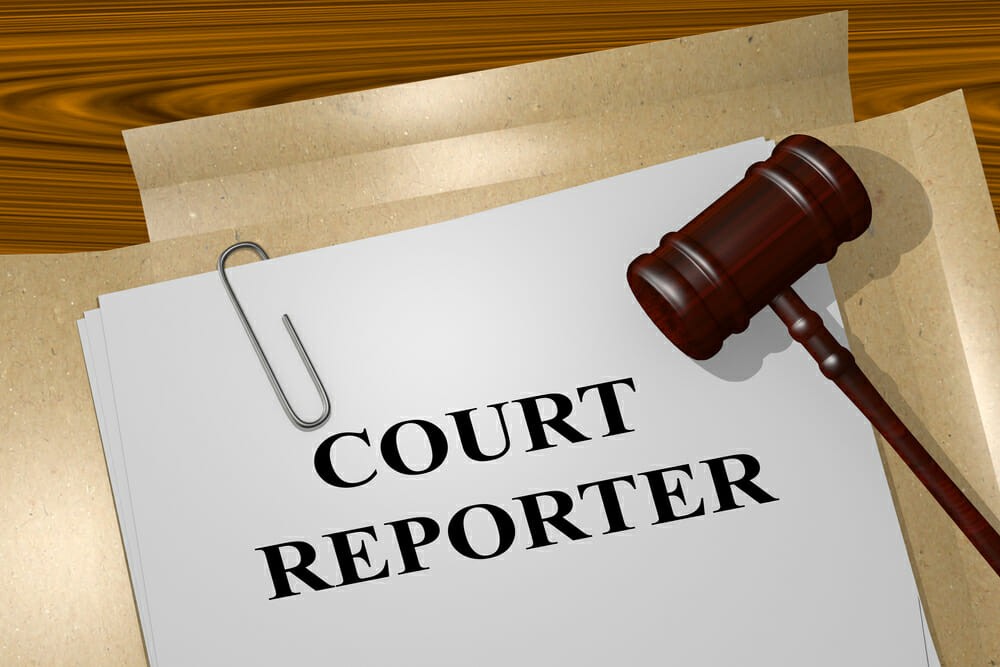
{Read in 6 Minutes} As a Trusts and Estates attorney, I very often deal with the probate of Wills. Most of the time, these are straightforward, quick, and uncontested proceedings. However, now and then, a Will may disinherit someone who expected to receive a bequest. It’s usually a member of the deceased’s next of kin. In this article, I’d like to talk a little bit about that process.
A probate proceeding starts when the nominated Executor in a Will offers the Will for probate in the Surrogate’s Court. The petition will list the names of all the adversely affected parties. These are usually family members who are adversely affected by the Will because had the deceased died intestate, they would have inherited a substantial amount. These parties are entitled to a formal notice of the proceeding called a Citation, which advises them that the Executor is offering the Will for probate and gives them a deadline to appear in the proceeding if they want to ask questions or file objections.
One of the tools that a disinherited person has at their disposal is the ability to file a demand for 1404 examinations. 1404 examinations refer to Section 1404 of the Surrogate’s Court Procedure Act, which provides that before filing objections, these individuals may ask questions of the attorney who wrote the Will (if it is an attorney-drafted Will as opposed to a DIY Will), as well as the witnesses to the Will. This party or their attorney can get these people under oath at a deposition, and ask the attorney and the witnesses questions regarding the deceased’s intent concerning their beneficiaries, whether the deceased had testamentary capacity, and whether the deceased was subject to undue influence exerted by another party that resulted in the disinheriting of a party in question.
The 1404 proceeding is often the first step to what may eventually become a Will Contest, and it might even develop into a full-blown jury trial if the parties are unable to resolve it by motion practice or settlement.
If you are the nominated Executor of a Will and another party demands 1404 examinations, what can you expect?
1. You will be asked to produce documents, but the party demanding 1404 examinations will likely serve you (or your attorney) with a document demand before conducting the examinations.
What sorts of things are in the document demands? Well, normally the notes of the attorney who drafted the Will, both from when the attorney met with the deceased to discuss the terms and any notes made during the execution ceremony for the Will. They will also ask for any emails between the attorneys, the witnesses, and the deceased or other correspondence, letters, memoranda, etc. They may ask for video or audio recordings of the Will execution ceremony (which is one of the reasons that most attorneys don’t record these ceremonies). In addition, they may ask for various items of correspondence between the deceased and the nominated Executor, the deceased and any beneficiaries, and the deceased and any family members. This can be anything from emails to text messages, to birthday cards, to longhand letters — anything that falls under the ambit of communication. Also, it is likely that they will demand a copy of the deceased’s medical records around the time that they executed the Will, so they can see if they were on any medications or were suffering from any illnesses that might affect their capacity to sign.
2. You will be asked to testify, or you will then participate in testimony at depositions.
The person taking the 1404 exams will demand that the nominated Executor produce the attorney who drafted the Will and the witnesses for examination. As the nominated Executor, is entitled to sit in on these depositions — and I often encourage my clients to do so, so they can get a sense of the parties, the attorneys, and the issues that are most important for the case. 1404 examinations can take anywhere from as little as an hour or two to several days, depending on the complexity of the Will being offered for probate, the amount of money at stake, and the passion or aggression (depending on how you look at it) of the parties. If you are the nominated Executor of the Will and the Will has a No Contest clause — if someone challenges the Will, they are disinherited — you will also be asked to testify. You and your attorney should spend a good amount of time preparing for that.
3. You will receive transcripts.
After the examinations are over, the stenographer will produce transcripts of the examinations. You will get a copy of the transcripts and be able to read them. Every witness will be mailed a copy of their transcript and asked to make any corrections within a certain amount of time. It’s important to review these for accuracy and make any corrections, because many times someone’s testimony at a deposition may be important in a later Motion for Summary Judgment.
After the 1404 examinations, all parties will have a sense of the strengths and weaknesses of their respective cases. It is possible that the 1404 examinations will answer the disinherited party’s questions and they will go on to consent to the Will. However, they may file objections to probate, which would then lead to further litigation.
For more information on this topic, please contact me.

